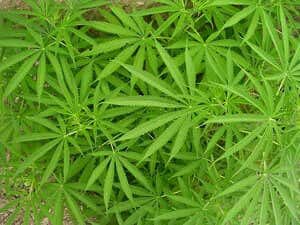
The use of marijuana for medical purposes remains controversial, especially when it comes to epilepsy in children. Parents of youngsters suffering from uncontrollable seizures have been flocking to Colorado to access an extract of marijuana dubbed Charlotte’s Web. This desperate search has been fueled by media stories about Charlotte Figi, the nine-year-old child whose persistent seizures diminished when she took this marijuana extract. Many physicians have been reluctant to endorse this approach until there is solid scientific evidence of success, and they worry that parents may be putting their hopes in a remedy that may not hold up under scrutiny.
Some Study Results Show Marijuana Extract Helps for Epilepsy:
Research has now begun on using marijuana extracts to control seizures. Results from a new study involving 261 patients were recently presented at a meeting of the American Epilepsy Society.
Pediatric patients with hard-to-treat epilepsy were given a marijuana extract of liquid cannabidiol in addition to their normal medications. After three months their seizures were down by 45 percent.
A smaller study also found comparable seizure reductions. Not all children benefitted and some experienced side effects, including liver enzyme elevation or digestive tract upset.
Larger, better controlled trials will be necessary before cannabidiol becomes acceptable to the scientific community. Doctors will need to have evidence that the benefits of this natural compound would outweigh the risks for the vulnerable youngsters who would be taking it.
Cannabidiol Does Not Have Psychoactive Effects:
It is important to note that this marijuana extract is not the compound that recreational marijuana smokers are seeking to get high. Unlike tetrahydrocannabinol (THC), the compound that provides that psychoactive boost, cannabidiol does not alter perception.
A rodent study earlier this year demonstrated that cannabidiol can speed healing of broken bones, while THC had no beneficial effect on bone growth or recovery from fracture. The Charlotte’s Web compound that some parents have been seeking in Colorado is very low in THC and quite high in cannabidiol. Very likely it will be several more years before the data are clear as to whether this approach is helpful for children whose epilepsy has not responded to other, more conventional, treatments.

